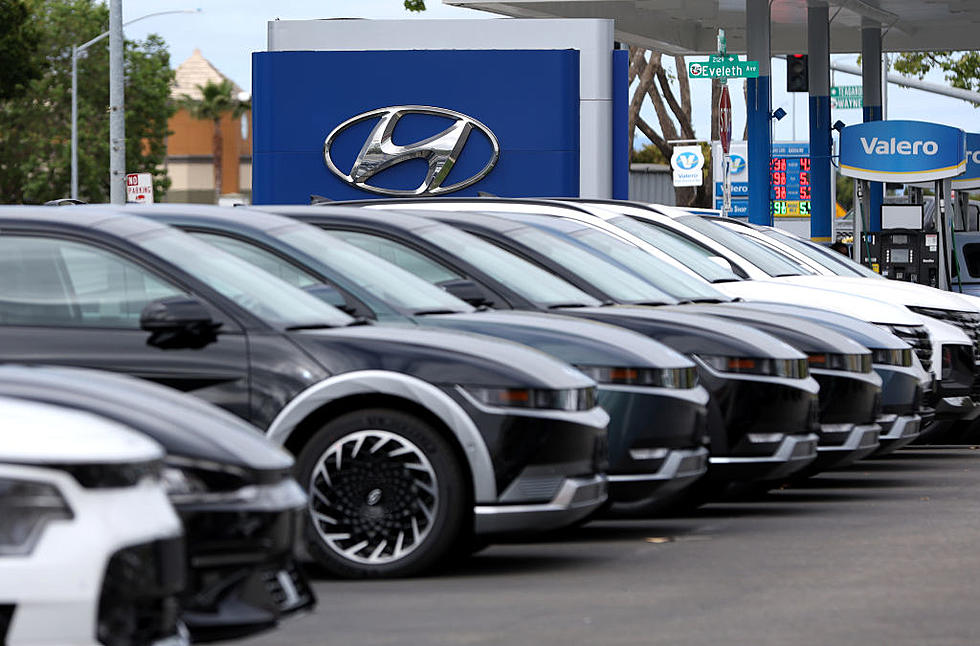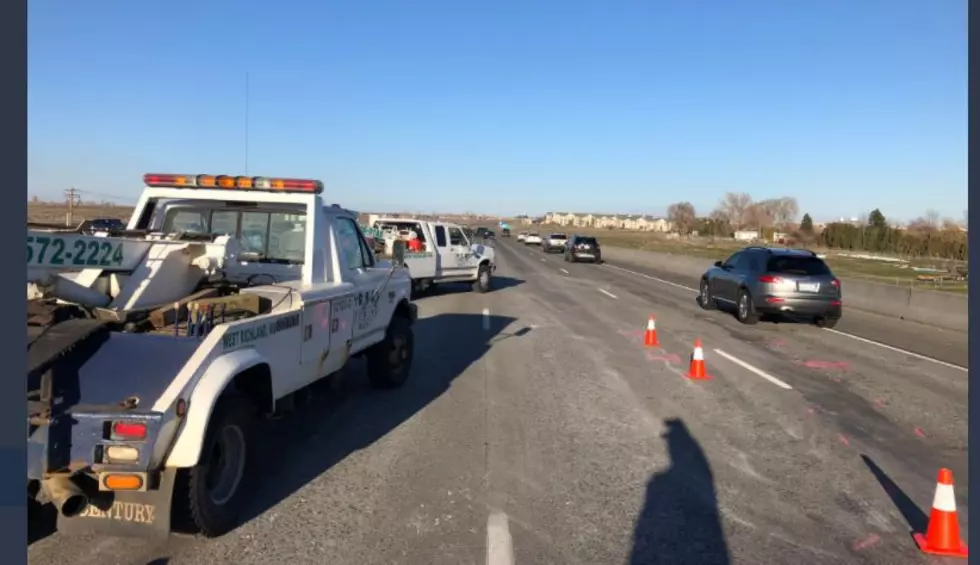
Roundabouts Reduce Traffic Accident Rates By HOW Much?
Roundabouts. Kennewick and the Tri-Cities are the capital of these Euro-traffic inventions. Some love them, others hate them, but according to a new study, they do reduce accidents.
A new study published by PEMCO from the Insurance Institute for Highway Safety (IIHS) says they can reduce accident rates by as much as 75%. IIHS is the same group that assigns safety ratings to vehicles that you hear so much about in TV car ads.
The study says when roundabouts were used to replace traffic signals or stop signs, 75% fewer injury crashes, deadly collisions by 90% and accidents involving pedestrians (cross walks) by 40%. They're also cheaper to maintain, as there's no expensive electronic traffic control systems or lights needed.
The study says most communities oppose the idea, but with a year or two, public opinion polls flip flop once people realize they can get from A to B much faster down a road equipped with roundabouts. It keeps traffic flowing more the most part, and eliminates jams.
Part of the reason Americans are opposed is largely unfamiliarity. In France, where they were pioneered and championed, every 45th intersection is a roundabout. In the U.S. one in every 1,118. There's about 5,000 known such intersections in the U.S. but thousands more planned.
I think in Kennewick we have about 1,100 of those 5K. But really, going down Union Street south is the fastest road, because there's four roundabouts. But then there's the light at 10th and Union that does a nice job of killing your momentum.
We have learned however, that roundabouts pose a special challenge for those who decide to drink and drive, especially at night. We've had at least four motorists in the last 9 months who chose to go THROUGH, rather than around.
More From 870 AM KFLD









